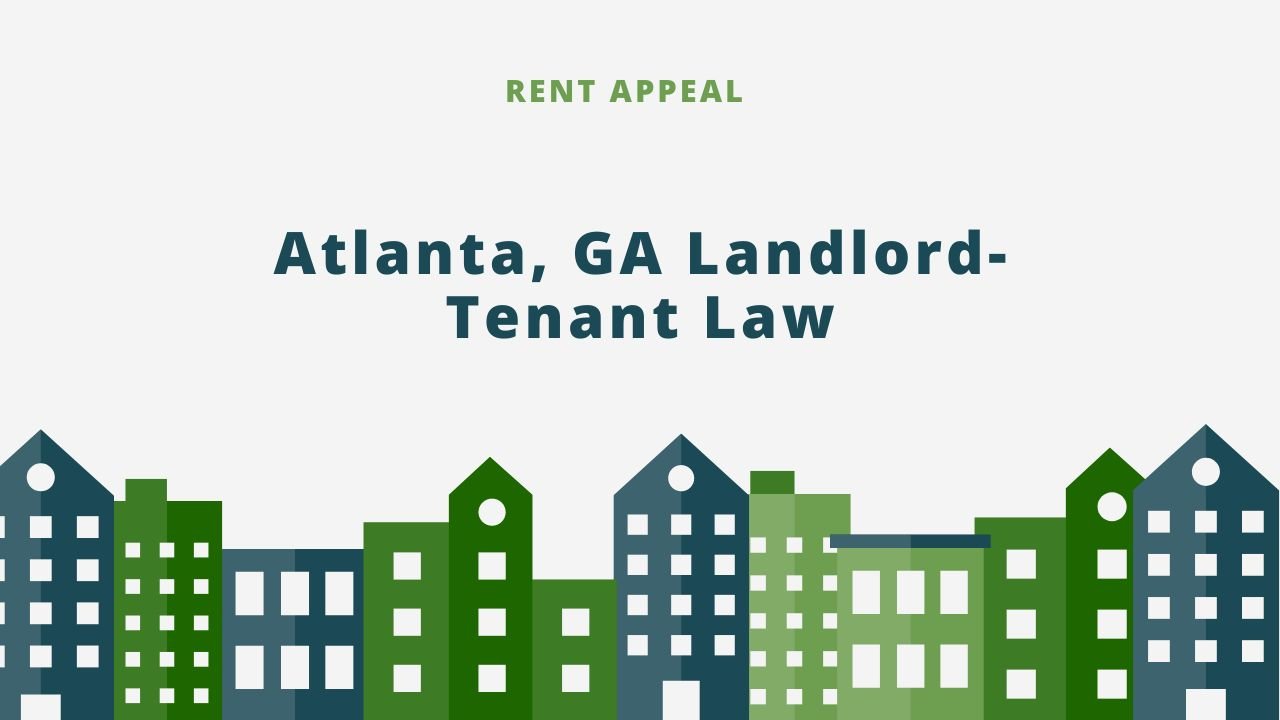 The Georgia security deposit laws are part of the Georgia landlord-tenant legislation that regulates the collection and return of security deposits in rental or investment property. This provides a set of rules that landlords in Georgia must abide by if they include a security deposit as part of the move-in costs.
As a landlord, asking for a security deposit from your tenant is a good move. Why? A landlord gets to cushion themself against potential financial losses that can arise in any of the following ways:
The Georgia security deposit laws are part of the Georgia landlord-tenant legislation that regulates the collection and return of security deposits in rental or investment property. This provides a set of rules that landlords in Georgia must abide by if they include a security deposit as part of the move-in costs.
As a landlord, asking for a security deposit from your tenant is a good move. Why? A landlord gets to cushion themself against potential financial losses that can arise in any of the following ways:
- Failure by the tenant to pay rent.
- Failure by the tenant to clear their utility bills.
- Excessive property damage.
- Failure by the tenant to clean the property.
- Early lease termination.
Security Deposit Limit
Does Georgia impose a security deposit limit on landlords? No! A landlord can collect as much security deposit from their tenant as they wish. But it’s a good idea to not charge too much though. As that can make their rental unit less desirable to prospects. A month’s rent should suffice to cover the majority of issues a landlord may face. Be aware though that the landlord cannot charge different people different security deposits, as this would be a breach of the Fair Housing laws.
Security Deposit Storage
As a landlord in Georgia, you have two options when it comes to storing your tenant’s security deposit. The first option is to store it in an escrow account. The escrow account must be in a lending or banking institution that’s regulated by either the state of Georgia or the federal government. The other option is to post a surety bond for the entire security deposit amount, or $50,000, whichever is less. The landlord must post the bond at a superior court in the county in which their property is located and they will be the bond principal. There is a consequence for failing to store the security deposit properly as aforementioned. Among other things, the landlord stands to forfeit your right to withhold any portion of the security deposit.Security Deposit Receipt
As a landlord in Georgia, as per Georgia Code § 44-7-30 – § 44-7-37, you must provide your tenant with a written notice both before and after receiving their security deposit that includes how it’s being stored. Before obtaining any deposit, the landlord must first notify their tenant of all existing damage to the unit. Their tenant may then choose to inspect the unit to ascertain the accuracy of your claims. If they agree with the written statement, both the landlord and tenant must sign the document which will serve as proof of the property’s condition. If the tenant doesn’t agree with your list, then they must indicate what items they don’t agree with and then sign a statement of dissent.
Security Deposit Deductions
A landlord may be able to keep a portion or all of their tenant’s security deposit for certain reasons. Some of these are as follows:- Nonpayment of rental fees or other lease violations.
- Unpaid pet fees
- Nonpayment of utility bills
- Late fees
- Damage exceeding normal wear and tear
- Cleaning or repair bills incurred by the tenant with 3rd parties
- Any other additional costs that may be associated with the tenant abandoning their rented premises
Walk-Through Inspection
Georgia landlords have 3 days to inspect the unit for damages after a tenant leaves. During the inspection, you must list down any damages exceeding normal wear and tear plus their approximate repair costs. You must then provide the tenant with the list of these damages. Your tenant has a right to inspect the dwelling with the list you provided them within 5 days. Once they have done so and agree to the list of damages, they must sign the document. However, if they disagree with certain items, then they must indicate what they disagree with and sign a statement of dissent. Generally speaking, tenants must notify their landlords before moving out. In Georgia, if a tenant doesn’t do so, the 3-day inspection notice is lifted and you must inspect the unit within a “reasonable time” after discovering your tenant has left.Security Deposit Return
You must return your tenant’s deposit within one month after they move out of their rented premises. If you’ve made deductions, then you must provide them with an itemized list of deductions. The itemized list must state the damage, as well as the approximate cost of repairs. Next, you must mail the deposit alongside the itemized list to the tenant’s last known address. You must do the mailing via first-class mail. If for whatever reason, you are unable to locate your tenant within 90 days, the deposit will become yours to keep. Illegally withholding your tenant’s deposit isn’t without consequences. You may have to pay the tenant up to 3 times the wrongfully withheld rent amount.

